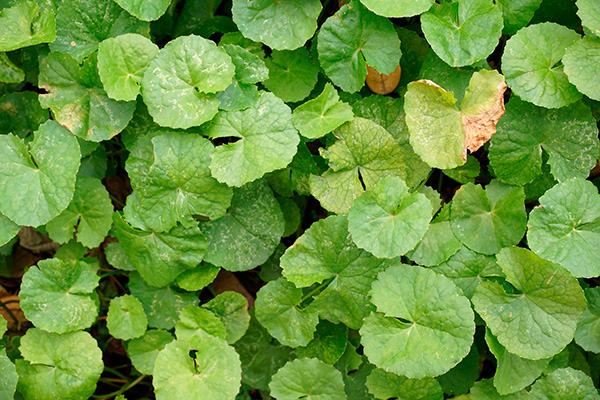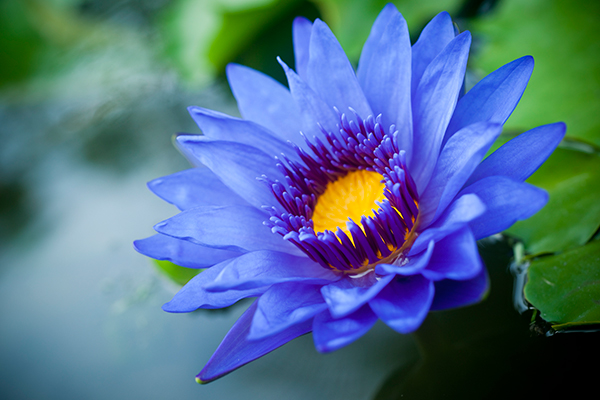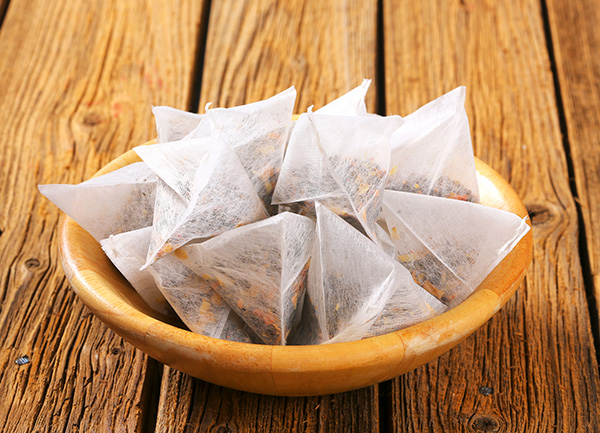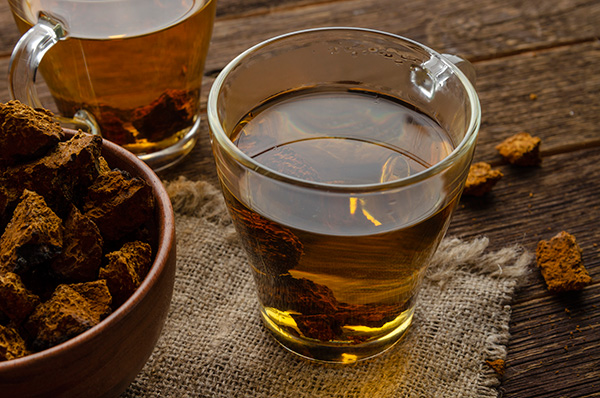Teas That Taste Like Coffee
Craving the bold taste of coffee but looking for something different? Try these ten delicious teas that offer a coffee-like experience.
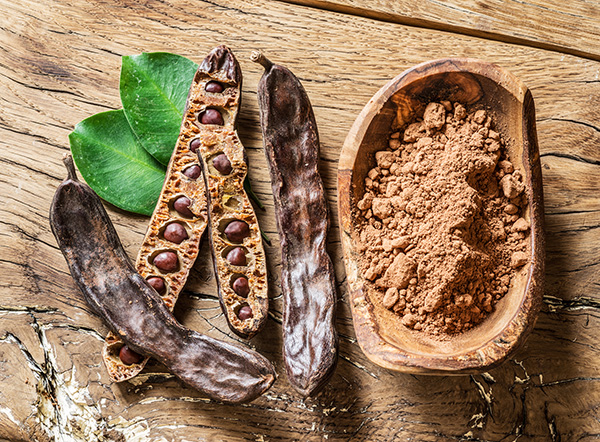
10 Delicious Teas That Taste Like Coffee
Discover a world of flavors with these coffee-inspired teas.
Roasted Dandelion Root Tea
Dandelion, a common garden weed, has its roots in Europe and Asia. The plant’s root is dried, roasted, and brewed into a robust tea. With its earthy, slightly bitter taste and rich aroma, roasted dandelion root tea mimics coffee without the caffeine.
Roasted Barley Tea (Mugicha)
Popular in Japan and Korea, roasted barley tea is made from the roasted grains of barley. The roasting process enhances its nutty, toasty flavor, creating a warm, coffee-like taste. It’s caffeine-free, making it perfect for enjoying any time of day.
Chicory Root Tea
Chicory root tea has long been used as a coffee substitute, originating from Europe. The root is roasted and ground to make a caffeine-free tea with a rich, dark flavor. It has a hint of bitterness and a smooth, earthy taste similar to coffee.
Carob Tea
Carob, a Mediterranean plant, produces sweet, edible pods. The pods are roasted and ground to create a naturally sweet tea with a chocolatey, coffee-like flavor. Carob tea is caffeine-free and offers a tasty alternative for those who love coffee but want to avoid caffeine.
Acorns Tea
Acorns, the nuts of oak trees, have been used as food for centuries. When roasted and ground, they make a dark, nutty tea with a taste reminiscent of coffee. Acorns tea is caffeine-free and offers a robust, earthy flavor that coffee lovers can appreciate.
Roasted Corn Tea (Oksusu Cha)
A popular Korean beverage, roasted corn tea is made from roasted corn kernels. It has a nutty, toasty taste that is similar to coffee. This caffeine-free tea offers a delightful aroma and a rich, full-bodied flavor.
Dark-Roasted Oolong Tea
Oolong tea, a partially fermented tea, offers a range of flavors depending on its level of oxidation. Dark roasted oolong tea has a deep, roasted flavor and a subtle sweetness that resembles coffee. While it contains some caffeine (anywhere between 29-53 mg of caffeine per 8-oz cup), it’s typically less than a cup of coffee (96 mg of caffeine per 8-oz cup).
Pu-Erh Tea
Pu-erh tea, a fermented tea from China’s Yunnan province, is known for its unique earthy flavor. With its dark, rich taste, it’s often compared to coffee. Pu-erh tea contains caffeine (30-70 milligrams of caffeine per 8-oz cup), though typically less than coffee (96 mg per cup), making it a great alternative for a bold, flavorful brew.
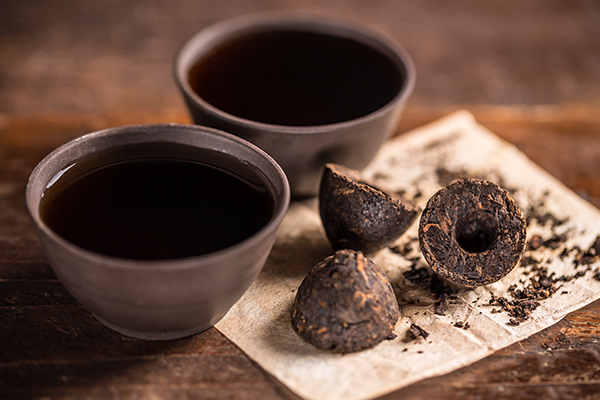
Black Tea Blends
Black tea blends, such as Irish Breakfast and Russian Caravan, offer a strong flavor and rich aroma that can satisfy coffee cravings. These blends are caffeinated, though generally less than coffee, providing a flavorful alternative with a kick.
Roasted Yerba Mate
Yerba mate, a South American tea made from the leaves of the mate plant, is often roasted for a deeper, smokier flavor. Roasted yerba mate has a bold taste with a slight bitterness reminiscent of coffee. It’s caffeinated (80 mg per cup) but typically has less caffeine than coffee (96 mg per cup).
Is There Any Tea That Has the Same Amount of Caffeine as Coffee?
No tea contains the same amount of caffeine as coffee. While some teas, such as black tea and yerba mate, have higher caffeine content than others, they still fall short of the caffeine levels found in coffee. If you’re looking for a tea with a similar caffeine kick, opt for black tea blends or roasted yerba mate, as they have the highest caffeine content among teas.
Final Thoughts
Whether you’re seeking a caffeine-free alternative or simply want to explore new flavors, these ten delicious teas offer a coffee-like experience without sacrificing taste. From roasted dandelion root tea to dark roasted oolong, there’s a brew to suit every coffee lover’s palate. Give them a try, and you might just discover your new favorite beverage.

